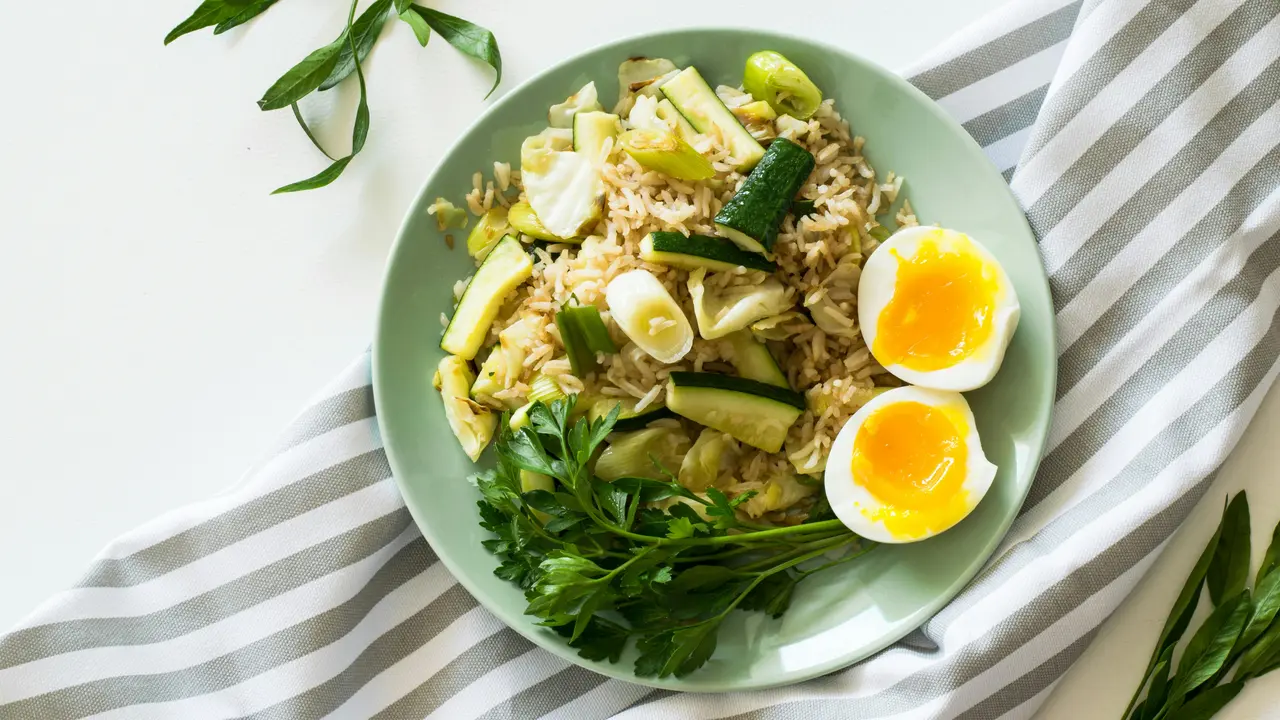Are you a fan of pumpkin pie and wondering just how many carbs in a pumpkin pie are hiding in that delicious slice? You’re not alone! As the holiday season approaches, many of us indulge in this seasonal favorite, but it’s essential to know how it fits into our dietary needs. In this article, we’ll explore the carbohydrate content in pumpkin pie and provide some tips for making healthier choices. Let’s dive into the sweet truth!
Understanding Carbohydrates in Pumpkin Pie
What Are Carbohydrates?
Carbohydrates are one of the three main macronutrients, along with proteins and fats. They are the body’s primary source of energy. However, not all carbs are created equal. It’s important to distinguish between simple and complex carbohydrates when evaluating the nutritional content of foods like pumpkin pie.
How Many Carbs in a Pumpkin Pie Per Serving?
On average, a standard slice of pumpkin pie (approximately 1/8 of a 9-inch pie) contains about 30-35 grams of carbohydrates. This can vary based on the recipe and the ingredients used. Here are some factors that can influence the carb count:
- Type of crust (traditional vs. gluten-free)
- Amount of sugar used
- Additional toppings, like whipped cream
Breaking Down the Nutritional Profile
Key Ingredients and Their Carbohydrate Content
To understand how many carbs in a pumpkin pie contribute to the overall count, let’s look at the major ingredients:
- Pumpkin puree: Naturally low in carbs, around 8 grams per cup.
- Granulated sugar: High in carbs; each tablespoon contains about 12.5 grams.
- Pie crust: Can vary widely, but a traditional pie crust can add around 15-20 grams of carbs per slice.
Comparing Store-Bought and Homemade Options
When considering how many carbs in a pumpkin pie are in store-bought versus homemade versions, it’s key to note the differences:
- Store-bought pies: Often contain preservatives and added sugars, which can increase the carb count.
- Homemade pies: Provide an opportunity to control ingredients and reduce sugars or carbs by using alternatives.
Tips for Reducing Carbohydrates in Pumpkin Pie
Healthier Ingredient Swaps
If you’re looking for ways to enjoy your pumpkin pie while cutting down on carbs, consider these substitutions:
- Use a nut-based crust instead of traditional pastry.
- Replace granulated sugar with erythritol or stevia.
- Add more pumpkin puree and less sugar for a denser filling.
Serving Size Matters
Another effective way to manage carbohydrate intake is to control portion sizes. Instead of having a full slice, try:
- Sharing a slice with someone.
- Using a smaller dessert dish for a smaller serving.
- Pairing pumpkin pie with a protein source, like nuts, to balance the meal.
The Bottom Line on Carbs in Pumpkin Pie
Enjoying Pumpkin Pie in Moderation
When it comes to how many carbs in a pumpkin pie should be a consideration, moderation is key. While pumpkin pie can be a delightful treat during the holidays, understanding its carbohydrate content can help you make informed choices. A few strategies can help you indulge without derailing your dietary goals.
Final Thoughts
So, how many carbs in a pumpkin pie? On average, expect around 30-35 grams per slice, but with mindful ingredient choices and portion control, you can enjoy this seasonal favorite more healthily. Want to learn more about calorie counts in your favorite desserts or healthy holiday recipes? Check out our other articles, and don’t forget to share your thoughts on pumpkin pie below!
Carbs – Recent Articles
- How Many Carbs in Kielbasa? Discover the Surprising Truth!
- How Many Carbs in a Boiled Potato? Discover the Surprising Truth!
- Is Carb Loading a Myth? Debunking the Athlete’s Secret
- Discover How Many Carbs are in 1/2 Cup of Rice!
- Does Saltine Crackers Have Carbs? Discover the Surprising Truth!
Carbs – Useful Links
- Harvard T.H. Chan — Carbohydrates (The Nutrition Source)
- Harvard T.H. Chan — Carbohydrates and Blood Sugar
- Oklahoma State University Extension — Carbohydrates in the Diet
- Colorado State University Extension (Food Smart Colorado) — Carbohydrates
- Mayo Clinic — Carbohydrates: How carbs fit into a healthy diet
